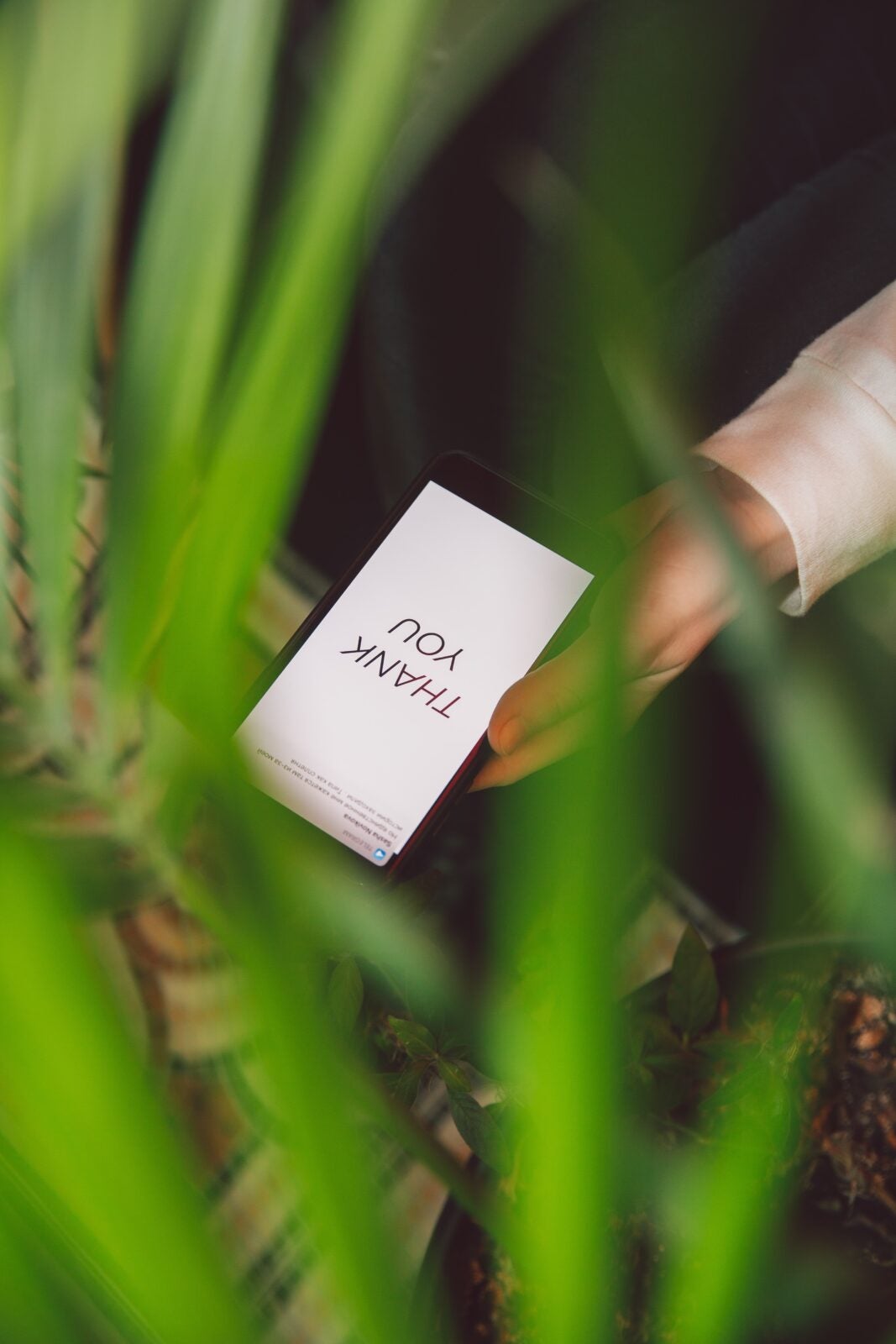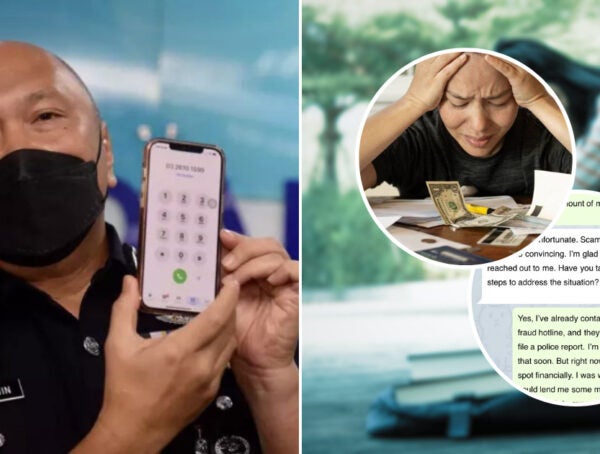Disclaimer: In Real Life is a platform for everyday people to share their experiences and voices. All articles are personal stories and do not necessarily echo In Real Life’s sentiments.
What do employers look for during a phone interview?
Welcome to the modern COVID-19 world that is digitally connected. Nowadays, the phone interview is as common as the traditional face-to-face interview. Employers today are using phone interviews as a way to screen candidates to see if they qualify for the actual job interview.
On the phone, you don’t have the benefits of being dressed right or being able to read body language. All you have is your voice and your application.
Here are some tips we have on how to prepare:
1. Research. Research. Practice.

For now, let’s focus on getting to the actual interview:
Research the job description and the company history. Take notes. Use this information when answering questions as it shows that you have done some research and are eager to get the job.
Research the most common phone interview questions and prepare answers for them in bullet points. Keep this info handy, just in case you need it.
Practice. Talk to the mirror. Talk to your cat. Talk to someone you know. Wear the clothes you would wear for the interview. Sit up straight and don’t hunch like a prawn! Smile while you speak and practice. Your answers will be fluent, fluid, and sound natural without having awkward pauses.
Sometimes, even the best will stumble and stutter. Take a moment to collect yourself, and refer to your notes. Then continue practicing.
2. Set and prepare the scene

A phone interview gives you control over where the interview takes place. So choose the location wisely. Pick a quiet and private location. So stay out of your favorite mamak and Starbucks. If you can, get someone to mind the children and lock the pets out of the room for the duration. You want to minimise all possible distractions.
Double-check that your phone has enough credit – a minimum balance of RM30 is a safe bet. Make sure that phone and Internet lines are strong and stable. There’s nothing worse than a dropped call and the dreaded phone tag to reconnect.
Because I can control the setting, I can keep notes with relevant information handy and always have a pen and notepad to make my own notes on anything that is relevant or important. If you have a laptop or an iPad, keep it open to Google just in case you need to make a quick search.
3. Use the interviewer’s name

In an interview, you have the first 10 seconds to make an impression. On the phone, you still have the same. What you don’t have are visual clues. Once you have been introduced to the interviewer, make sure to greet them appropriately and thank them for calling.
Just be conscious of any titles that your interviewer might have – including Datuk, Datin, or Tan Sri. It happened to me once: I screwed that up during an interview and I am sure that cost me the job. In my defense, I was 19… who gets interviewed for a job by a Datin at that age?
4. Project an aura of confidence

The challenge in a phone interview is showing that you are prepared. That’s what the practice was all about: wearing the clothes, sitting up straight, and even smiling. It was all about projecting that confidence during the practice, which makes it easier during the actual interview.
The right clothes help you and the interviewer envision yourself in the role. Sitting up straight naturally makes your body feel more alert, and your brain becomes much more responsive. The smile helps modulate your tone, making you sound friendlier when you speak.
5. Don’t interrupt

In an interview, never interrupt the interviewer. You run the risk of annoying them or worse – provoking a negative reaction. Always let the interviewer finish their sentence or question before you say anything.
Let the interviewer lead and give them insightful and thought-out replies to their questions. If you need a few seconds to formulate an answer, buy yourself a few moments by repeating the question back to them. This serves to demonstrate that you are listening, that you do understand the question, and can provide them with a thoughtful answer.
6. When in doubt? Ask!
If you didn’t quite catch the question or need to clarify something, don’t be shy about asking them to repeat the question or for more clarification. Interviewers will generally appreciate the fact that you want your answers to be accurate and concise.
Questions that are improperly answered because you missed a detail hurt your chances of landing the real interview. So just remember: if in doubt, ask.
7. Be proactive
As the phone interview comes to an end, always make sure to ask about the next steps in the interview process. This helps reinforce the point that you are confident you did well and also helps you gain an understanding of how things should proceed moving forward.
It does not hurt to underscore that you are looking forward to the face-to-face interview. A small factor that contributes to getting it is asking for it!
8. Mind your manners

At the end of the interview, always thank the interviewer for their time. Be direct, be polite, and make sure to ask for their email address. Send a follow-up thank-you email the same day.
This is something you should always do to leave a good impression, which can help your chances of securing the second interview.
Hanging up with a bang!
Once it’s all done, take some time and go over the notes you took down during the interview. Even if you didn’t take any (it does happen), you might come up with some questions you want to ask when you have a face-to-face interview with them.
Otherwise, give some thought as to what went well and what didn’t so you know what you can work on, to improve for the next phone interview.
Lastly, don’t forget to set reminders on your phone or wherever, so you know when to send a follow-up inquiry about your application.
Good luck with the phone interview and the face-to-face that follows!
For more stories like this, read: 8 Culture Shocks I Got After Switching From A Creative Field to the Corporate World in Malaysia, I Lost My Job Due To The MCO, Then I Started An Online Service That Pays Me 5x More, and Malaysian CEOs Share the 5 BIGGEST Red Flags They Look Out For During Interviews.
You might also like
More from Real Skills
How I Saved Almost RM50,000 On Buying My First Car
Here's how this Malaysian man with a RM3,500 salary saved RM50,000 on his first car.
Angry M’sian Boss Demands Unpaid Overtime Over Raya, Causes 9 Staff To Quit
An anonymous employee at a local SME shares how a bad-tempered boss eventually caused 9 staff to quit before Hari …
I Studied In Chinese School As A Malay Boy, Here’s What I Learnt
Every time I used Mandarin outside of school, family members would come up to me at gatherings and ask me …


















